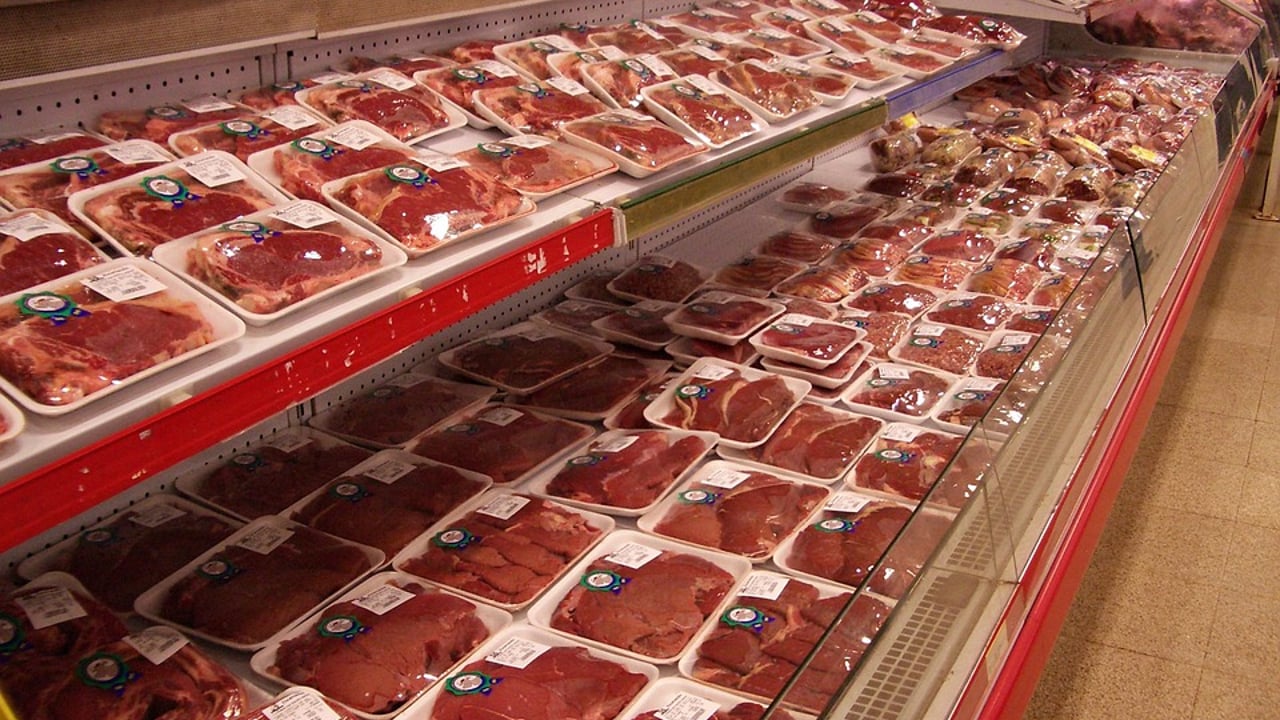EU report recommends ways to protect food chain from crisis
A report published by an "expert group" for the European Commission department responsible for agriculture has made a number of recommendations on how to mitigate risks from crisis impacting the EU food supply chain.
The report into the European Food Security Crisis Preparedness and Response Mechanism (EFSCM) recommends, among others things, to "build trust, foster a collaborative approach and keep monitoring food supply".
According to the commission's Directorate-General for Agriculture and Rural Development, the publication sets a "general framework of measures and preventative actions to be taken".
According to the commission, food security is an aspect of the EU's sovereignty, and therefore the report and its recommendations will "directly contribute" to an upcoming on the EU's defence preparedness.
The commission said that, while the food supply chain has "proven its resilience" during times of crisis, such as the Covid-19 pandemic and Russia's invasion of Ukraine, this "cannot be taken for granted".
"Several risks and vulnerabilities could threaten the stability we are benefitting from now," the commission added.
The report follows on from a report in November 2023, which identified a range of risk categories, including: biophysical and environmental; economic and market; socio-cultural and demographic; geopolitical and institutional; supply chain performance; and information and technology.
The aim of the new report was to address those risks.
The 18 recommendations that have now been published are:
- General recommendations:
- Structural recommendations:
- Crisis preparedness recommendations:
According to the commission, the point of these recommendations are to "fit all actors in the chain, laying the groundwork for possible future, detailed and individual risk-specific analyses".
"It is expected that all national authorities and stakeholders use the advice given for their own strategic planning, crisis preparedness and management," the commission said.





